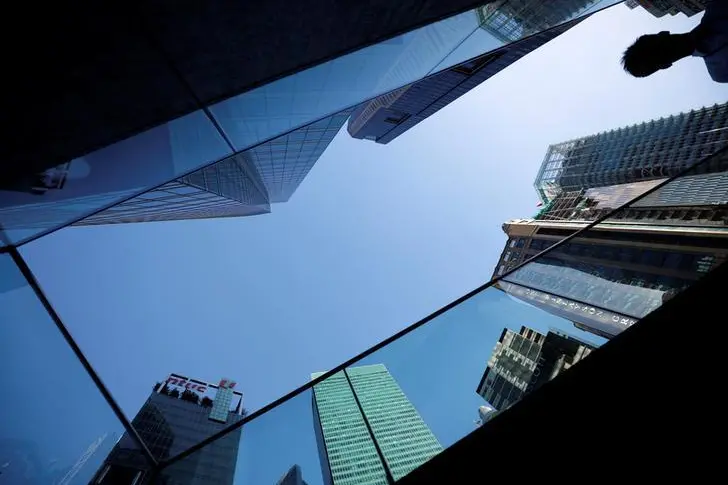PHOTO
Singapore's key consumer price gauge rose 5.5% in January, the fastest pace in more than 14 years but slightly lower than forecast, leaving analysts spilt over the direction of the central bank's monetary policy this year.
The core inflation rate - which excludes private road transport and accommodation costs - topped the 5.1% rise in December, according to the Monetary Authority of Singapore (MAS). A Reuters poll of economists had forecast a 5.6% increase in January.
It is fastest pace seen since the 5.5% seen in November 2008, and also higher than the 5.3% seen in September last year.
The increment was driven by higher prices of services, food, retail and other goods, along with an increase in sales tax that came into effect in January.
While analysts told Reuters the inflation seen in January was largely due to the one-off effect of the sales tax hike and seasonal effects associated with the Lunar New Year, they are split on the implications for MAS' monetary policy review due in April.
"...Core inflation (is) still on the ascent...(and) probably keeps tightening still on the table for now," said Selena Ling at OCBC, who expects the MAS to tighten monetary policy via re-centering higher.
Brian Tan at Barclays said the January inflation data was largely in line with MAS' own forecast and expected the central bank to make no changes to monetary policy this year.
Having tightened policy four times last year, including in two surprise moves, MAS has said core inflation was likely to stay at about 5% for the early part of 2023.
It has also projected a core inflation rate of between 3.5% to 4.5% in 2023, with headline inflation coming in at between 5.5% and 6.5%. (Editing by Ed Davies, Kanupriya Kapoor)





















